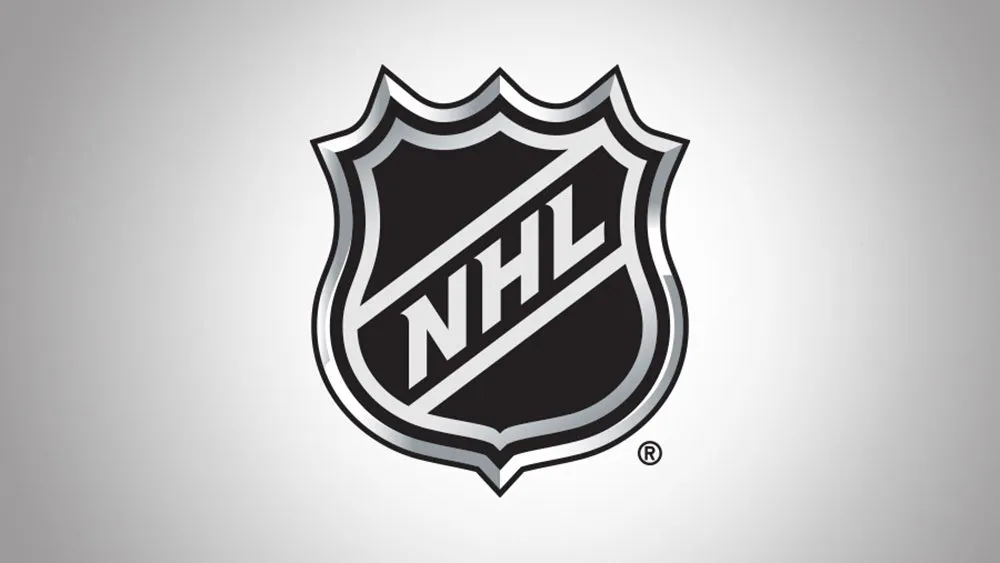Key takeaways from the NHL’s updated 2022–23 COVID protocols

With NHL training camps set to open soon, the NHL and the NHL Players’ Association have unveiled their COVID-19 protocols for the 2022–23 regular season.
As stated in the seven-page document released Tuesday night, the NHL has created these protocols to recognize the health and safety of players, and club personnel, which remains a top priority. The high vaccination rate of players and hockey operations personnel, the high positivity rate of COVID-19 in the NHL from December 2021 to February 2022 and the shift of the pandemic into an endemic all came into consideration when creating these new set of protocols.
For the upcoming season, the NHL and NHLPA will not be requiring players to have the COVID-19 vaccine. However, they strongly encourage getting it. Travelling has been an ongoing issue for clubs that have unvaccinated players on their roster. This year, the NHL is allowing clubs to suspend unvaccinated players who are ineligible to cross the border under federal and provincial law without pay until they are able to return to team activities.
The NHL’s Chief Medical Officer (Dr. Willem Meeuwisse) and the NHLPA’s Chief Medical Consultant (Dr. Scott Delaney) will be playing bigger roles this year. If a player develops COVID-19 symptoms they will be required to isolate for at least five days or until their symptoms are gone. They will then need to receive permission from the Chief Medical Officer in order to return to play. If symptoms continue for more than five days, players will then be permitted to leave after a lab-based PCR test returns negative, a lab-based PCR test has a CT value under 30, or two negative tests are collected more than two hours apart. Players will continue to be paid their salary for as long as they are unable to participate in club activities.
Last season a number of games were either postponed or cancelled due to COVID-19. The NHL has outlined that the league will work with commissioner Gary Bettman to determine whether playing said games offer a health risk, if so, the games in question will be moved to a later date.